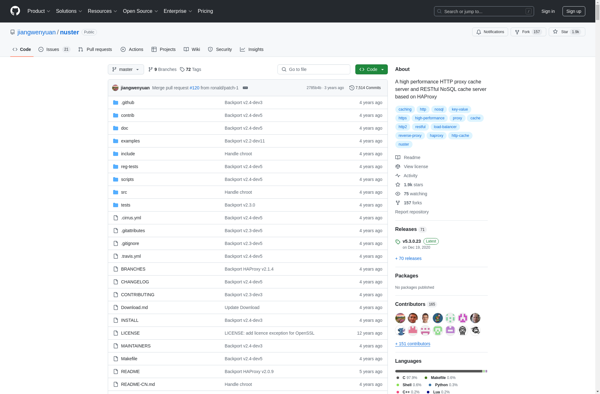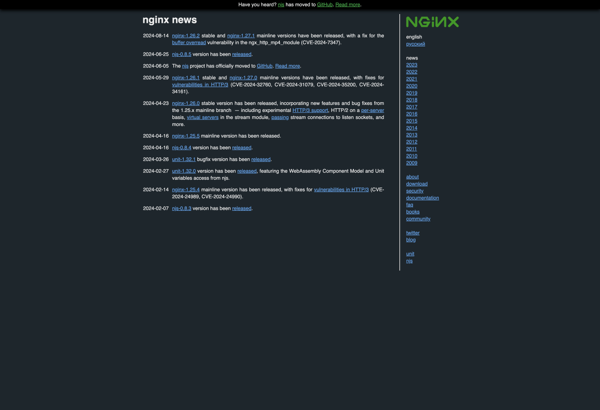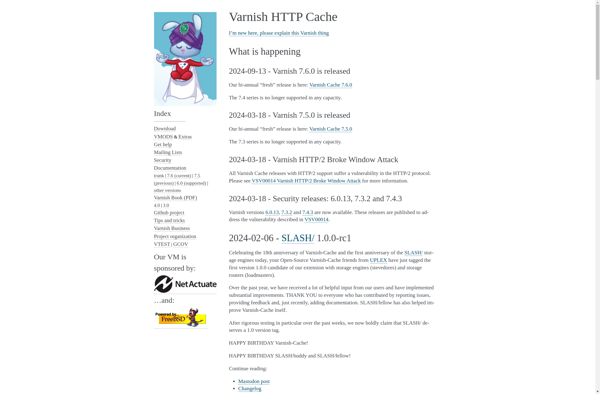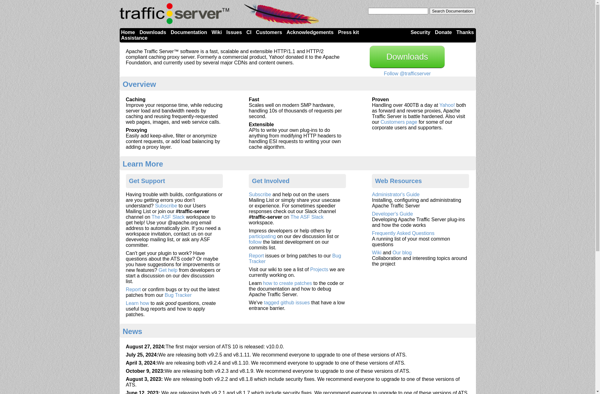Nuster

Nuster: Open-Source Load Testing Tool for Web Applications
Automate performance tests, stress tests, and scalability tests of websites and web services with Nuster, an open-source load testing tool.
What is Nuster?
Nuster is an open-source load and performance testing tool for web applications. It simplifies the process of conducting load tests, stress tests, scalability tests, and analyzing the performance of web services under different user loads.
Key features of Nuster include:
- Ability to simulate hundreds or thousands of concurrent virtual users accessing a web application
- Flexible scripting to model complex user behaviors and workflows during the tests
- Real-time monitoring of critical web server and application metrics (response times, throughput, errors etc)
- Root cause analysis of performance issues - finding bottlenecks in code, database queries, external services etc
- Comparative reporting to measure improvements between test runs
- Cloud-based running of large-scale tests by utilizing the scalability of cloud platforms
- Integrations with CI/CD pipelines for automated testing
Nuster helps developers, QA engineers, and operations teams ensure their web applications can maintain high performance and availability under expected real-world loads. Its simple scripts and comprehensive analytics allow quickly detecting and fixing performance bottlenecks before they impact customers.
Nuster Features
Features
- Record and replay scripts to simulate user interactions
- Support for multiple protocols including HTTP, HTTPS, SOAP, REST, FTP, and more
- Command line interface and web UI for easy test configuration
- Detailed performance metrics and customizable reporting
- Distributed load generation for high scalability
- Plugin architecture to extend functionality
- Support for dynamic data input through CSV files
Pricing
- Open Source
- Free
Pros
Cons
Official Links
Reviews & Ratings
Login to ReviewThe Best Nuster Alternatives
Top Development and Testing and other similar apps like Nuster
Here are some alternatives to Nuster:
Suggest an alternative ❐Nginx

Squid

Varnish

Apache Traffic Server
